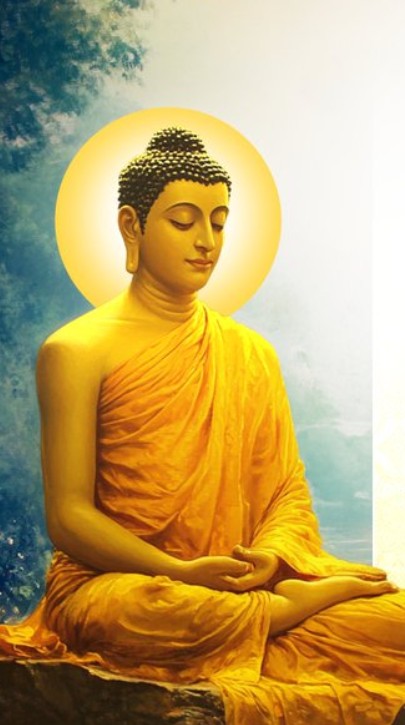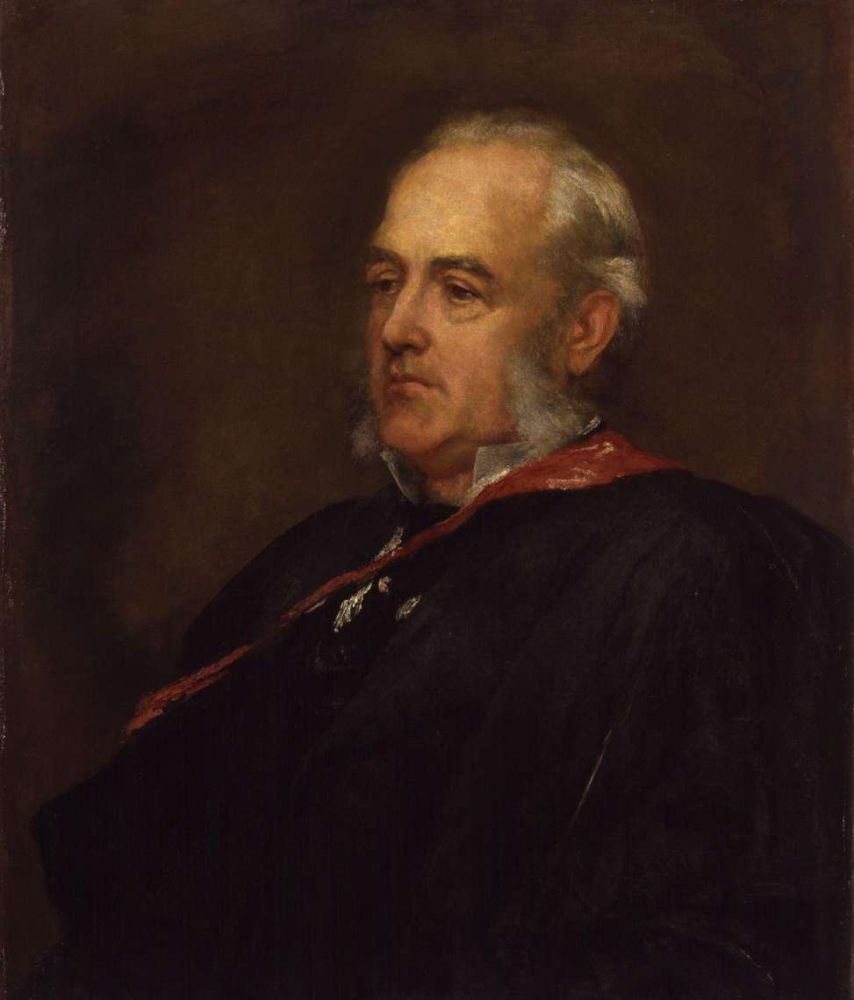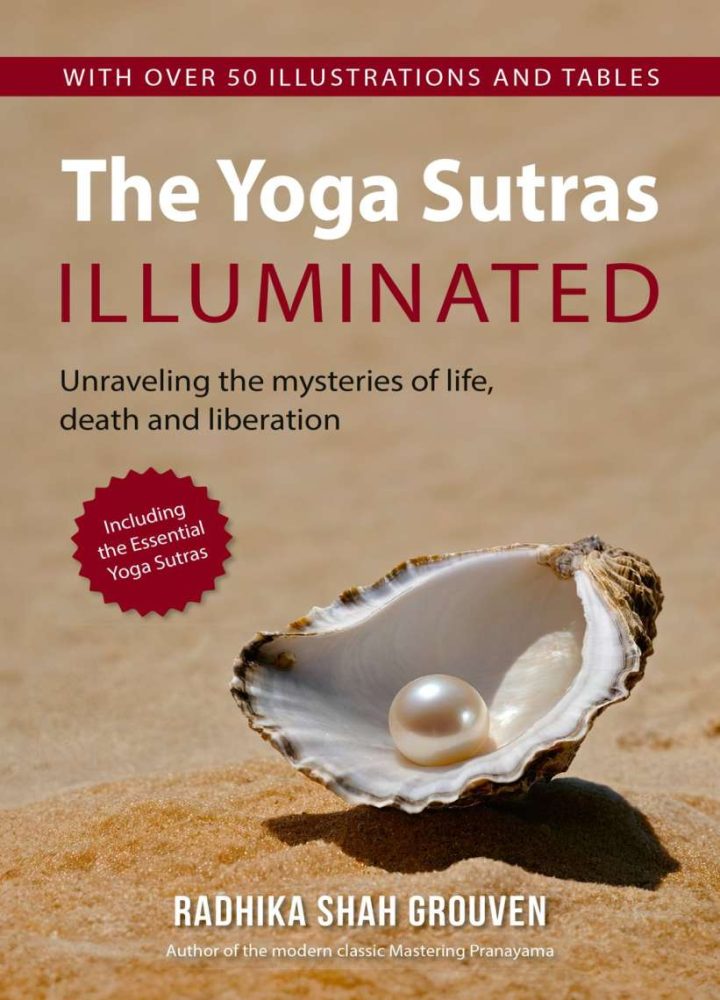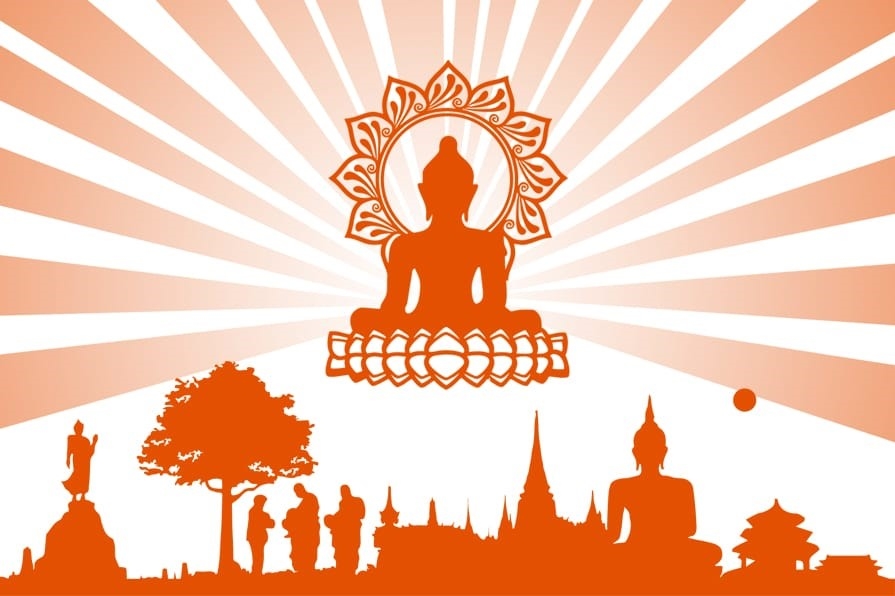Richard Wagner (1813-1883) during his exile in Switzerland he came across the massive 647-page book called History of Indian Buddhism (1844) by a well-known Sanskritist and French Indologist Eugene Bernouf (1801-52) after reading the book he was deeply moved by its philosophical concept of renunciation and immediately sketched out a dramatic poem based on the book and called it Die Sieger (The Victors) and it this project that occupied till the very end of his life …. A special report by Dilip Roy
Gautama the Buddha or the Enlightened one was born at a place called Lumbini in (Sixth century BCE) in ancient India. Buddhist philosophy spread from across India to Sri Lanka to the entire South East Asia including Japan and Tibet reaching the West in the 19th century.
In America intellectual thinkers like Albert Einstein, Ralph Waldo Emerson and Henry David Thoreau and in Germany it was philosophers of the likes of Arthur Schopenhauer Friedrich Nietzsche, Karl Friedrich Schlegel and above all Richard Wagner were influenced by Buddhist philosophy. In India too intellectual giants like Sri Aurobindo Ghosh, Rabindranath Tagore and Swami Vivekananda were greatly inspired by the philosophy.

Richard Wagner (1813-1883) during his exile in Switzerland he came across the massive 647-page book called History of Indian Buddhism (1844) by a well-known Sanskritist and French Indologist Eugene Bernouf (1801-52) after reading the book he was deeply moved by its philosophical concept of renunciation and immediately sketched out a dramatic poem based on the book and called it Die Sieger (The Victors) and it this project that occupied till the very end of his life.
Wagner in his own diary (1865) wrote a letter to King Ludwig of Bavaria on 31st May 1868 with a proposal of developing the opera and in that he explains the terms Nirvana, Brahman, Samsara and Dhyana are roughly equivalent to eternity, soul and paradise and he goes Brahman becomes desire, as music; the music which is turned towards samsara, poetry; which is the other, the side which is turned away from samsara? Nirvana – untroubled, pure harmony.
Richard Wagner also relates the title “The Victors” to his own individual philosophy and situation. The expression for Buddha and disciples has been from the Buddhist term Jina and does not refer to the archetype of a radiant conqueror, but rather to a person who, in course of moral struggle with himself, overcomes his passion and selfishness through renunciation. On 22nd February 1859, Wagner felt that he had made so much progress himself along the Buddhist path that he could imagine – and indeed yearned for a – a life as a medicant monk outside the social constraints.

However, in spite of all the efforts, Wagner’s dream of staging the Buddhist opera remained unfulfilled for he was too ill to continue the project which only survives in sketches but a lot of found its way into his last opera Parsifal. Wagner was among the very first to appreciate Buddhism and that he was the first major European artist to be inspired by this religion.
( Mr Dilip Roy is an ardent admirer of Richard Wagner’s operas and prose works. Mr Roy is also an elected Fellow of Royal Asiatic Society of Great Britain and Ireland. He considers Wagner as the greatest cultural icon of 19th century and remains unequalled till today.)









